Your screenshot shows that you have "Logging" turned off. You need to click on "Logging" and enable at least Logging->Log. Without that enabled, you are specifically telling the console not to show the hi you are attempting to print.
Without logging enabled:

With logging enabled:

However, when testing to double check, I was able to get it into a mode where the hi was not printed in the console even when "Logging" was enabled. When I closed that instance of the debugger and opened a new instance the hi was already printed in the console. On the other hand, it appears that any new instance will retain such output from prior instances. Given that I managed to get it into a mode where the hi did not print when Logging was enabled, there are still some problems with this new functionality. I was unable to duplicate this a second time.
As to alerts: No, there is nothing disabled. You are probably running into a common problem of having the variable window not defined in the context/scope in which you are running. Firefox browser extensions often/usually run in a context where window is not defined. This ends up being a problem for many people, as they assume that window will be defined for them.

If window is defined depends on how the portion of your code that is currently running was entered. Even if window is defined, it is often not defined as the window which you are expecting (the window of the current tab). You will probably need to obtain a reference to the window object for the most recently accessed window/tab.
If a browser window exists (in some instances you could be running where no browser window exists, yet, e.g. at start-up), you can obtain a reference to the most recent browser window, document, and gBrowser with:
if (window === null || typeof window !== "object") {
//If you do not already have a window reference, you need to obtain one:
// Add/remove a "/" to comment/un-comment the code appropriate for your add-on type.
/* Add-on SDK:
var window = require('sdk/window/utils').getMostRecentBrowserWindow();
//*/
//* Overlay and bootstrap (from almost any context/scope):
var window=Components.classes["@mozilla.org/appshell/window-mediator;1"]
.getService(Components.interfaces.nsIWindowMediator)
.getMostRecentWindow("navigator:browser");
//*/
}
if (typeof document === "undefined") {
//If there is no document defined, get it
var document = window.content.document;
}
if (typeof gBrowser === "undefined") {
//If there is no gBrowser defined, get it
var gBrowser = window.gBrowser;
}
If you are running the code in response to an event (e.g. a button command event), you can obtain the current window with:
var window = event.view
Defining the window:

and show a window.alert('Hello'):

Note: If you are wanting to be natively compatible with multi-process Firefox (Electrolysis, or e10s), then gaining access to the contents of the current document is more complex. There are shims in place which should make your code continue to work with multi-process Firefox for some time, but they may/will eventually go away.
References:
nsIWindowMediator- Working with windows in chrome code
- SDK: window/utils
- SDK: windows
Large portions of this were copied from my earlier answers, including this link, and this one.





